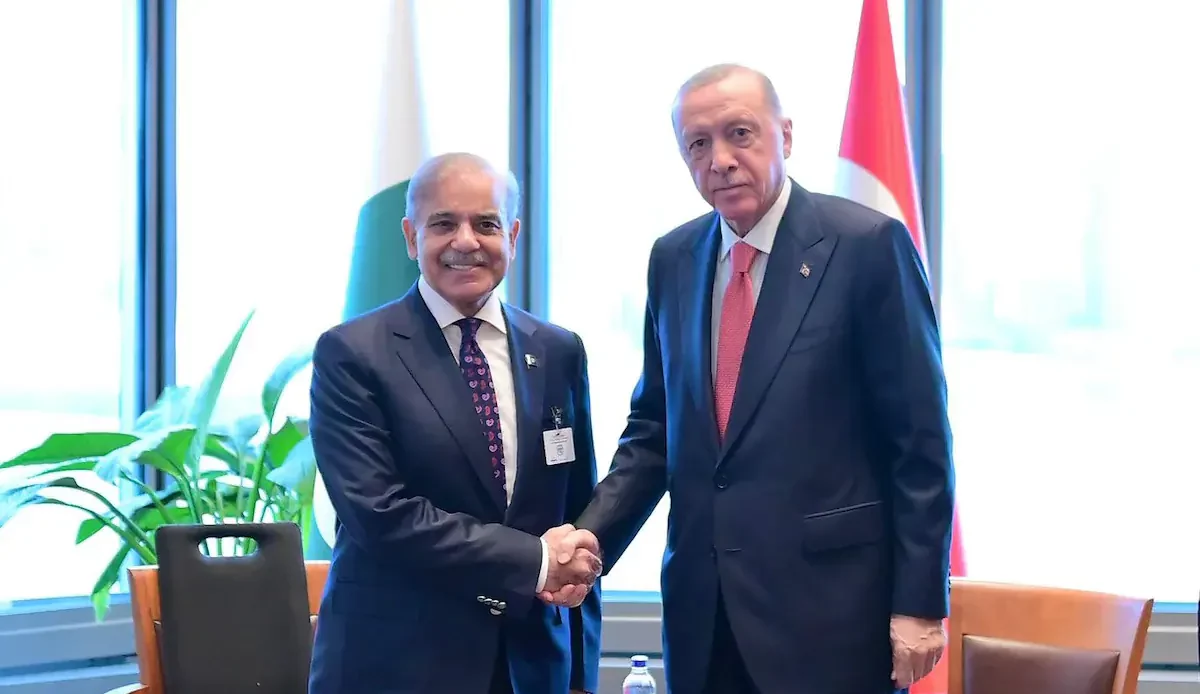In a strategic move to overhaul their aerial capabilities, Turkey and Pakistan have agreed to revise a $900 million drone and munitions deal following their systems’ poor performance against India during Operation Sindoor. Multiple meetings have taken place since the May 2025 conflict to restructure the agreement and enhance operational effectiveness.
According to sources, the updated deal includes the procurement of advanced Turkish drones such as the Bayraktar TB2 and AKINCI UAVs, along with over 700 Turkish-made loitering munitions. These kamikaze drones are aimed at improving Pakistan’s precision-strike and surveillance capabilities, which came under scrutiny after several Turkish-origin UAVs were neutralized by Indian air defence systems.
The push to modernize stems from Pakistan’s operational failures during India’s coordinated airstrikes on terror launch pads, where Turkish and Chinese-origin drones reportedly failed to penetrate India’s layered air defence. These shortcomings prompted a rapid reassessment of tactics, hardware, and joint cooperation between Ankara and Islamabad.
Baykar, Turkey’s leading defence manufacturer, recently conducted successful trials of its AI-powered KEMANKE 1 smart cruise missile in Tekirdağ and Edirne provinces. The tests demonstrated the missile’s improved strike precision and are expected to feature in future deliveries as part of the revised agreement.
In early July, Turkish Foreign Minister Hakan Fidan and Defence Minister Yasar Guler held high-level discussions in Islamabad with Pakistani leadership including Prime Minister Shehbaz Sharif and Field Marshal General Asim Munir. Talks focused on strengthening defence ties, technology transfer, and intelligence coordination. Indian intelligence agencies believe the consultations reflect a broader intent to consolidate regional alignment against India.
The drone deal is also tied to Turkey and Pakistan’s goal of expanding bilateral trade to $5 billion by the end of 2025, blending economic cooperation with strategic defence collaboration. Analysts say the renewed focus on unmanned systems and loitering munitions is part of a long-term effort to counterbalance India’s growing military capabilities and indigenous defence production.
The revised agreement, once finalized, is expected to not only supply more capable drones but also deepen joint military planning, training, and electronic warfare capabilities between the two countries.













